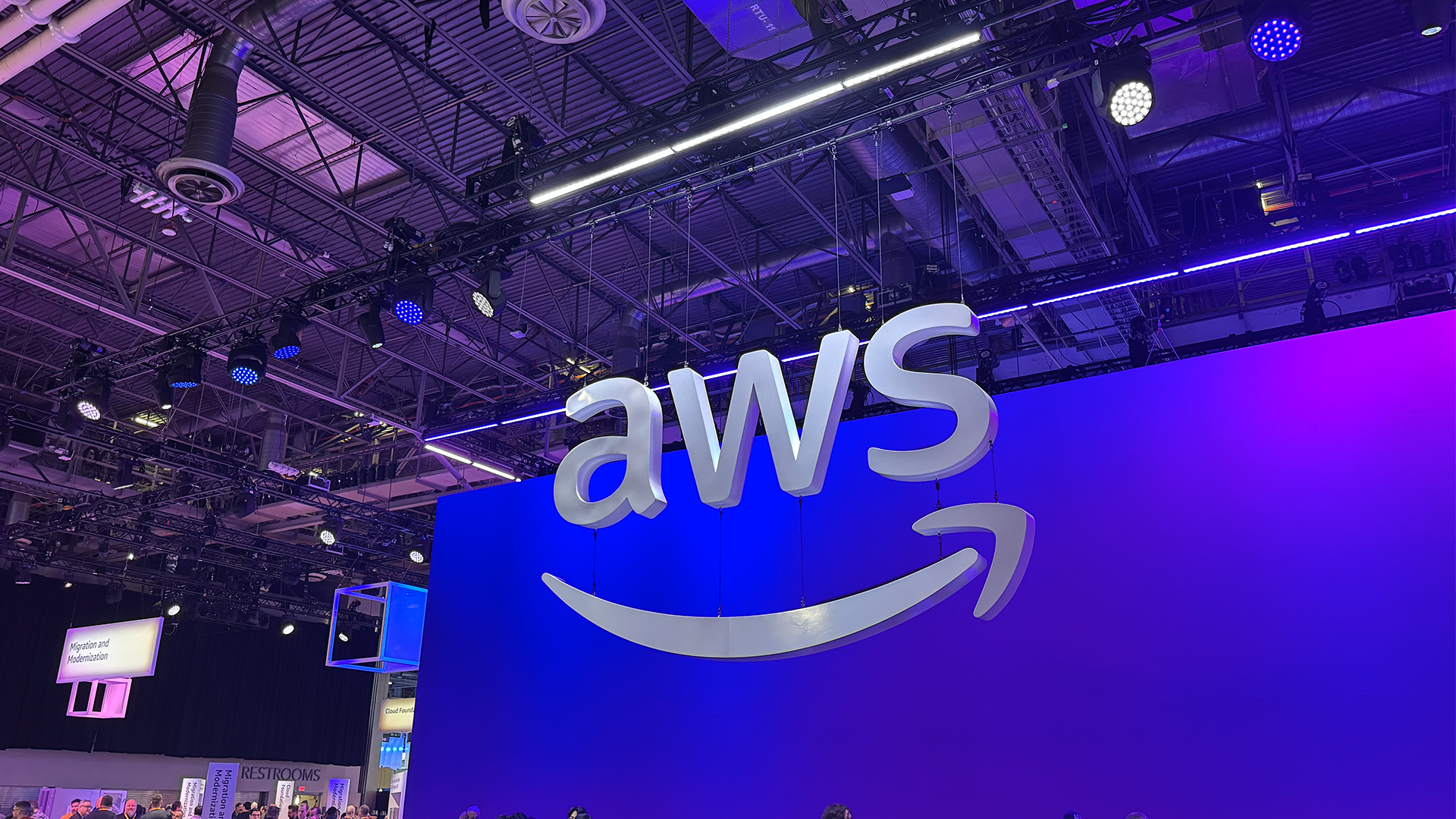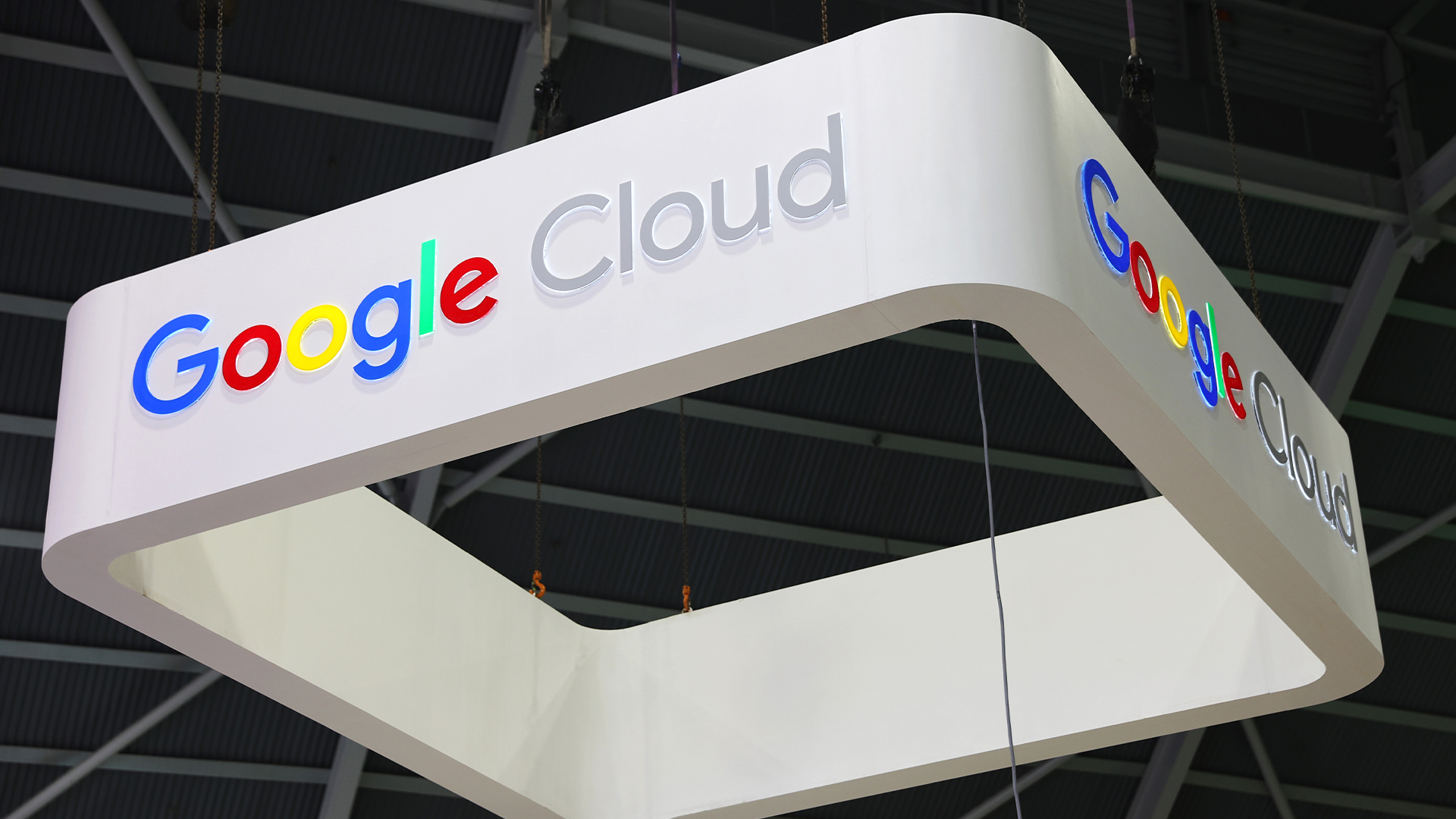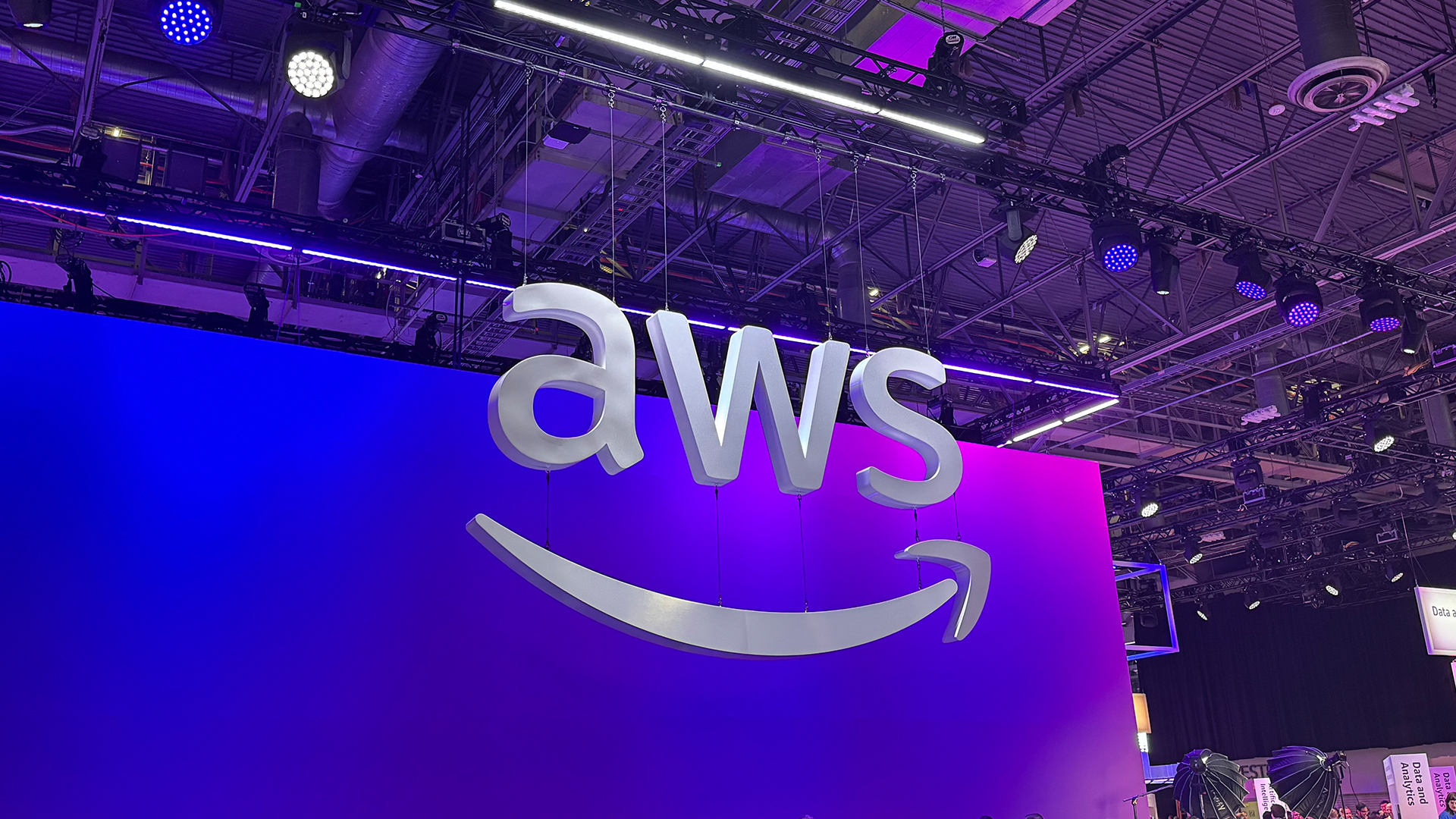AWS says only Europeans will run its European Sovereign Cloud service
The firm wants to reassure customers that sovereign really does mean sovereign


AWS is attempting to allay fears over its European Sovereign Cloud, promising that it will be operated by EU citizens only.
The service will be the only fully-featured, independently operated sovereign cloud, according to the hyperscaler, backed by strong technical controls, sovereign assurances and legal protections.
Notably, the service will have no critical dependencies on non-EU infrastructure.
As part of the shift, EU citizenship is to be added to the company's hiring requirements for AWS employees operating the cloud. This will ensure that staff with control of day-to-day operations, including access to data centers, technical support, and customer service will be EU residents exclusively, subject to EU law.
"The AWS European Sovereign Cloud is designed to provide customers with an autonomous cloud that operates independently in Europe and for Europe," the company said in a statement.
According to AWS, the move replicates a widely-used mitigation mechanism that's already established in the hiring practices of EU institutions and governments.
In the meantime, the company will continue to work as a blended team of EU residents and EU citizens, with all personnel working from EU locations, before gradually completing the switch to EU citizen operations for the sovereign cloud service.
Sign up today and you will receive a free copy of our Future Focus 2025 report - the leading guidance on AI, cybersecurity and other IT challenges as per 700+ senior executives
"We are committed to supporting any employees impacted by this transition, and redeploying builders who do not meet the EU citizen eligibility requirement into other roles within Amazon," said the firm.
AWS said it's on track to launch the AWS European Sovereign Cloud by the end of this year, backed by a €7.8 billion investment through 2040.
The announcement comes as concern rises in the EU that sovereign cloud isn't always as ‘sovereign’ as it should be. The US Cloud Act means that companies can be forced to hand over data, regardless of where it is stored.
Last month, Anton Carniaux, Microsoft France's director of public and legal affairs, admitted that he couldn't guarantee that French citizen data would never be transmitted to US authorities without explicit French authorization.
The admission came during testimony before a French Senate inquiry into the role of public procurement in promoting digital sovereignty.
Recent analysis from Synergy Research Group found that US cloud providers, including Amazon, Microsoft and Google Cloud, hold a 70% share of the European market, compared with just 15% for local firms.
IT leaders are also becoming increasingly concerned about the influence of US-based cloud providers on the European market. More than half of UK IT leaders using public or hybrid cloud setups told Asanti that they’re planning to ditch US firms as a result of data sovereignty concerns.
AWS is keen to impress that its existing relationships with European regulators will be enough to calm worries about US overreach on this front.
"We’ve had deep engagements with European regulators, including national cybersecurity and data protection authorities, and customers to understand their sovereignty requirements and test our sovereignty approach,” the firm said.
“We designed the AWS European Sovereign Cloud to meet these stringent regulatory, data residency, and operational needs."
Make sure to follow ITPro on Google News to keep tabs on all our latest news, analysis, and reviews.
MORE FROM ITPRO
- ‘Misses the mark’: Microsoft, AWS hit out at CMA cloud competition report
- Global cloud spending might be booming, but AWS is trailing Microsoft and Google
- What the new Microsoft Sovereign Cloud push means for European customers
Emma Woollacott is a freelance journalist writing for publications including the BBC, Private Eye, Forbes, Raconteur and specialist technology titles.
-
 The modern workplace: Standardizing collaboration for the enterprise IT leader
The modern workplace: Standardizing collaboration for the enterprise IT leaderHow Barco ClickShare Hub is redefining the meeting room
-
 Interim CISA chief uploaded sensitive documents to a public version of ChatGPT
Interim CISA chief uploaded sensitive documents to a public version of ChatGPTNews The incident at CISA raises yet more concerns about the rise of ‘shadow AI’ and data protection risks
-
 Wasabi Technologies wants to be a "more predictable alternative to the hyperscalers" after $70m funding round
Wasabi Technologies wants to be a "more predictable alternative to the hyperscalers" after $70m funding roundNews The cloud storage provider plans to ramp up AI infrastructure investment and boost global expansion
-
 What the new AWS European Sovereign Cloud means for enterprises
What the new AWS European Sovereign Cloud means for enterprisesNews AWS has announced the general availability of its European Sovereign Cloud. Here's what the launch means for enterprises operating in the region.
-
 AWS just quietly increased EC2 Capacity Block prices – here's what you need to know
AWS just quietly increased EC2 Capacity Block prices – here's what you need to knowNews The AWS price increases mean booking GPU capacity in advance just got more expensive
-
 Cloud infrastructure spending hit $102.6 billion in Q3 2025 – and AWS marked its strongest performance in three years
Cloud infrastructure spending hit $102.6 billion in Q3 2025 – and AWS marked its strongest performance in three yearsNews Hyperscalers are increasingly offering platform-level capabilities that support multi-model deployment and the reliable operation of AI agents
-
 Google Cloud teases revamped partner program ahead of 2026
Google Cloud teases revamped partner program ahead of 2026News The cloud giant’s new-look partner ecosystem shifts focus from activity tracking to measurable customer outcomes
-
 Cloud security teams are in turmoil as attack surfaces expand at an alarming rate
Cloud security teams are in turmoil as attack surfaces expand at an alarming rateNews Cloud security teams are scrambling to keep pace with expanding attack surfaces, new research from Palo Alto Networks shows, largely due to the rapid adoption of enterprise AI solutions.
-
 AWS re:Invent 2025 live: All the news and announcements from day two in Las Vegas
AWS re:Invent 2025 live: All the news and announcements from day two in Las VegasLive Blog Keep tabs on all the latest announcements from day-two at AWS re:Invent 2025 in Las Vegas
-
 AWS has a chance to show its mettle at re:Invent 2025
AWS has a chance to show its mettle at re:Invent 2025Analysis The hyperscaler will be betting big on its AI stack and infrastructure credentials
